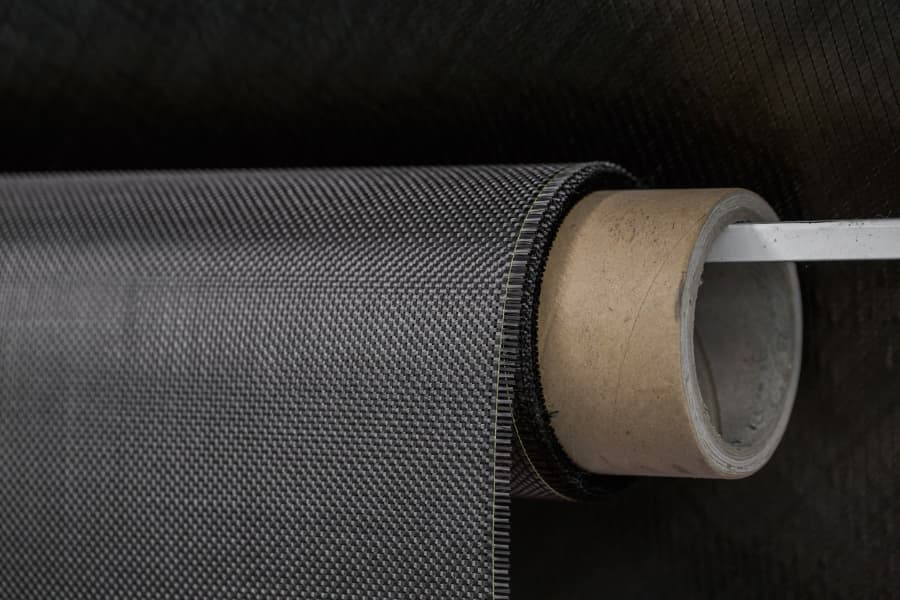
Homebuilding technology has evolved considerably over the last several decades — vinyl siding, for example, has steadily grown in popularity since the ’50s, and spray foam is now commonly used to fill in voids around windows and doors in lieu of fiberglass insulation.
The way basement walls are repaired has also evolved. Where in the past, steel I-beams were often used to correct bows or bulges in basement walls, carbon fiber has become a new method for repairing and strengthening foundations. Find out more about carbon fiber basement walls, and how it can help add strength and rigidity to your existing foundation.
Structural Repair with Carbon Fiber
While the previously mentioned steel I-beams are still used occasionally, the use of carbon fiber strips has grown considerably over the last decade and a half. They’re designed to work on both poured concrete and block walls and can be installed in full basements and crawl spaces.
What Is Carbon Fiber?
Carbon fiber is made of thin crystalline filaments of carbon and is used to strengthen the material. One of its primary advantages is its overall strength — It’s five times stronger than steel and twice as stiff, yet it’s extremely lightweight. It has numerous applications in manufacturing, engineering, and other industries.
Carbon Fiber Basement Walls
For foundations, carbon fiber offers suitable wall support that’s both durable and minimally invasive. Its installation doesn’t require excavation as with the addition of steel I-beams, so it’s quick to install and less disruptive to your home and its outdoor spaces.
Using carbon fiber to add structural rigidity to basement walls has numerous advantages, including:
- Quick to Install: While timelines vary according to the specifics of the project, a carbon fiber basement wall repair can be completed in a day or two, most of the time.
- Strength: Carbon fiber has the strength that’s unmatched by most other materials available. It’s not able to stretch, nor can it break, so when the strips are properly applied, the fix is permanent.
- Aesthetics: The carbon fiber within a basement wall is virtually unnoticeable and usually appears as a small bump along the wall’s surface.
- Virtually Maintenance-Free: As long as the carbon fiber strips are correctly installed, there’s no maintenance necessary from the installer or the homeowner.
- May Be Less Expensive: Compared to the potential cost of wall anchors or wall braces, carbon fiber may be easier on your budget since it’s generally less labor-intensive.
Carbon fiber repairs may not be suitable for all basement wall repair projects — as long as the wall has deflected or bowed generally within two inches or less, carbon fiber should work to correct it. At Premier Wall Anchor and Waterproofing, our trained professionals can help you decide whether carbon fiber basement wall repair is right for your situation.
Call Premier Wall Anchor and Waterproofing for Carbon Fiber Basement Wall Stabilization
If you’ve noticed your basement walls appear cracked, bowed, or bulged, you may benefit from the installation of carbon fiber to fix the problem. The trained professionals at Premier Wall Anchor and Waterproofing have the skills and experience to assist you with structural damage, leaking basement walls, and waterproofing services. Give us a call today at (800) 573-7170 to find out how we can help you repair your basement walls with carbon fiber.






